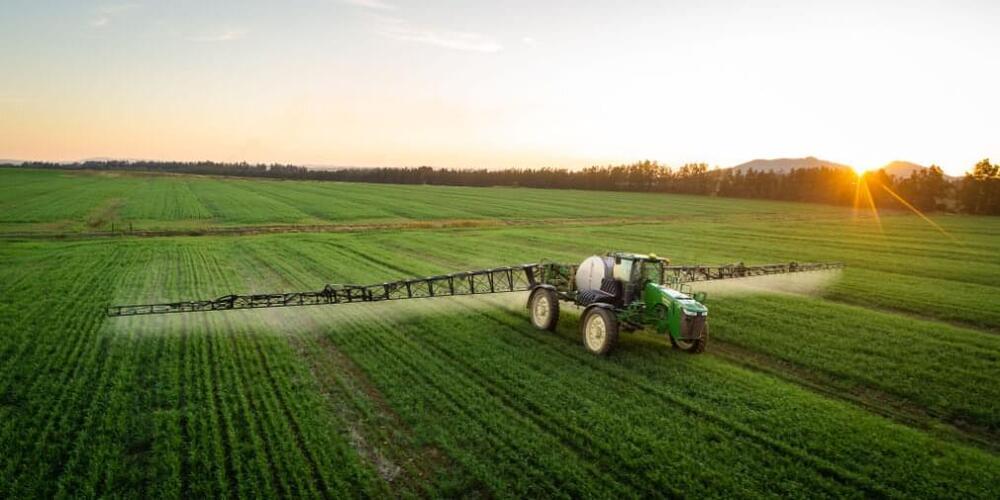“Dicamba drift”—the movement of the herbicide dicamba off crops through the atmosphere—can result in unintentional damage to neighboring plants. To prevent dicamba drift, other chemicals, typically amines, are mixed with dicamba to “lock” it in place and prevent it from volatilizing, or turning into a vapor that more easily moves in the atmosphere.
Now, new research from the lab of Kimberly Parker, an assistant professor of energy, environmental and chemical engineering at Washington University in St. Louis’ McKelvey School of Engineering, has shed new light on this story by demonstrating for the first time that these amines themselves volatilize, often more than dicamba itself.
Their findings were published Sept. 23 in the journal Environmental Science and Technology.
